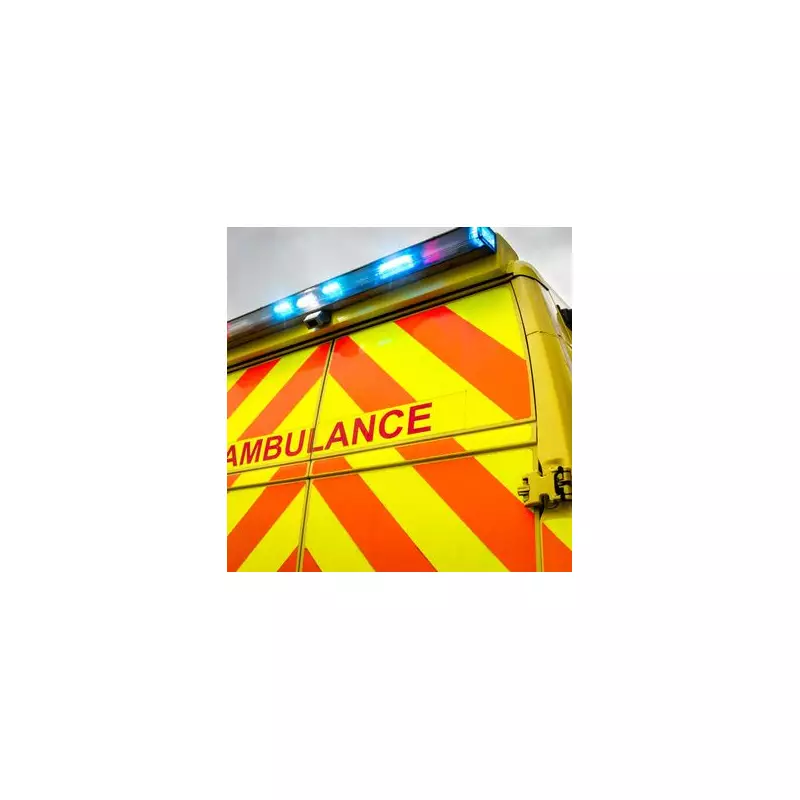
The NHS has issued an urgent public health warning about the deadly dangers of sepsis, emphasising that recognising the symptoms could mean the difference between life and death.
The Silent Killer: Understanding Sepsis
Sepsis occurs when the body's response to an infection causes it to attack its own tissues and organs. What begins as a common infection can rapidly escalate into a life-threatening condition within hours.
Seven Critical Symptoms That Demand Immediate Action
Medical experts stress that anyone displaying these warning signs should call 999 without delay:
- Slurred speech or confusion - Sudden mental changes or difficulty communicating
- Extreme shivering or muscle pain - Beyond normal illness discomfort
- Passing no urine all day - A key sign of organ failure
- Severe breathlessness - Feeling like you can't get enough air
- Skin that's mottled, discoloured or unusually pale - Circulation problems signalling crisis
- Feeling like you might die - An overwhelming sense of doom
- Non-blanching rash - Spots or blotches that don't fade when pressed
Why Speed Saves Lives
"Every hour matters when dealing with sepsis," explains Dr. Ron Daniels of the UK Sepsis Trust. "The condition can deteriorate with terrifying speed. What seems like a minor infection in the morning can become critical by afternoon."
Medical professionals emphasise that sepsis doesn't discriminate - it can affect anyone, from otherwise healthy adults to children and elderly patients. The key to survival lies in early recognition and immediate treatment.
Trust Your Instincts
Health officials urge the public to trust their instincts when concerned about a loved one's health. "If someone seems significantly unwell and is deteriorating rapidly, don't wait," advises NHS medical director Professor Stephen Powis. "It's always better to seek help and be wrong than to delay and risk tragedy."
With sepsis claiming approximately 48,000 lives annually in the UK, this warning could prove life-saving for thousands of families across the nation.





